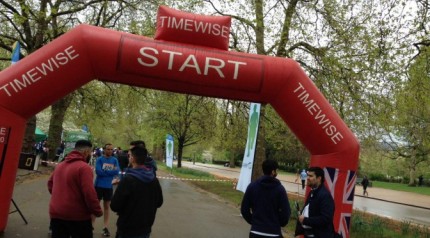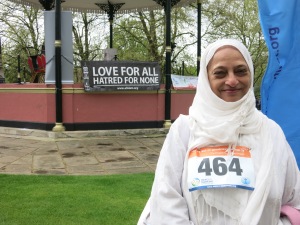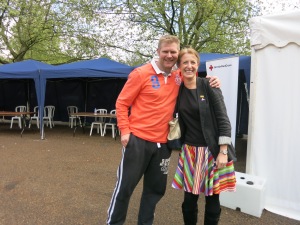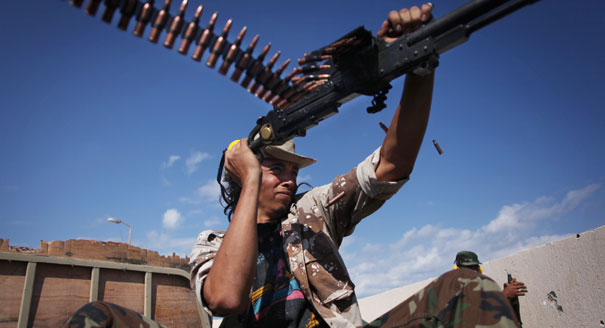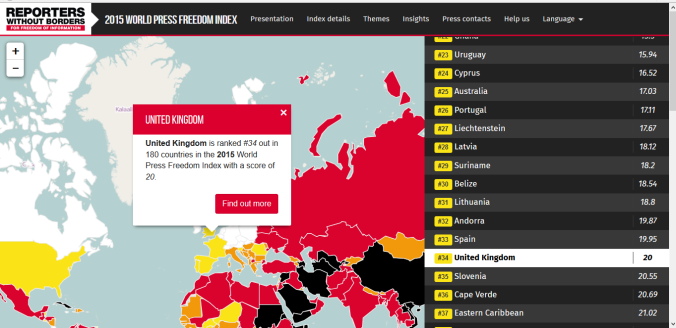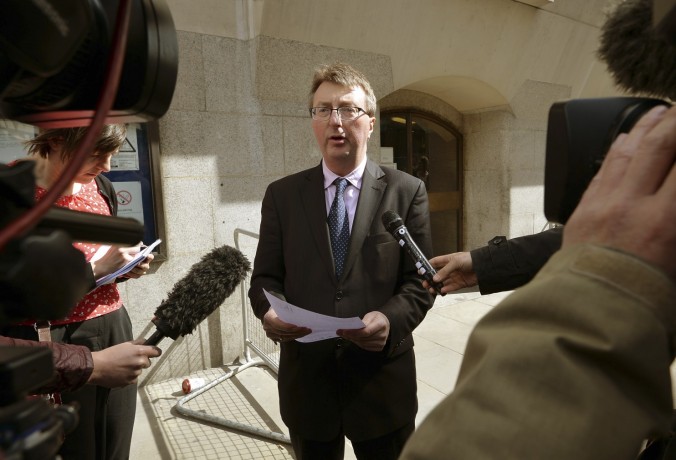Freedom of speech is not a right we were born with from the beginning of time. Man used to fight battles and wage war over trivial things in the past such as territory, food, religion and so forth, we were never what you would describe as a peaceful bunch in order for freedom of speech to work. But fortunately all that has changed, today we only wage war over much bigger issues, like oil for example. We have evolved remarkably over the ages, democratic and multicultural societies are celebrated and revered and we owe that largely to our righteous morals and strong sense of human empathy. Today, freedom of speech is a right we earned, some societies haven’t quite earned it yet like China for example but here in Western countries freedom of speech is valued and respected within public discourse. To ensure the protection of speech within an open society, is to allow for the society to evolve. To violently curtail that liberty is to invite oppression and dictatorship, both characteristics do not allow for progression. However that being said it is important to recognize that the absolute existence of freedom of speech even within democratic societies is an ambition and not a reality. The largest open societies today, America for example still impose laws and punishments over instances where free speech should have been protected. Their strict views on national security from the imprisonment of Private Bradley Manning to banning books such as Operation Dark Heart, it still does not allow for the absolute freedom of speech. The UK is also one of the biggest democratic societies yet even here books are being banned and journalists are being arrested. France, following the recent Charlie Hebdo attacks, arrested one of its comedians for posting a comment on Facebook that suggested he was ‘inciting terrorism and hatred’.
The danger of not recognizing the limits on free speech means that the very principles liberal democratic societies are built on are endangered. When these societies fail to recognize these limits, they are failing to protect the vulnerable and minorities in society. When only powerful and rich people can object to freedom of speech through pricy lawyers and courts, the poor and vulnerable will be the only ones subjected to the thorns of freedom of speech. John Stewart Mill, a British philosopher, a liberal and a strong advocate for the Free Speech Principle argues strongly against censorship of the opinions but he also agrees that hate speech should not be protected by the principle as it causes unnecessary harm and is a form of instigation. Although many people would disagree with him and say words are just words and that we should separate them from action however history has proved numerous times that that is not the case. Didn’t Hitler’s propaganda incite hatred and encourage the brutal crimes against the Jewish community? How about the role radio propaganda played in the Rwandan genocide of 1994? Or the terrible Lynching postcards that spread in America glorifying slavery?
Mills draws a powerful example to illustrate his point “An opinion that corn dealers are starvers of the poor, or that private property is robbery, ought to be unmolested when simply circulated through the press, but may justly incur punishment when delivered orally to an excited mob assembled before the house of a corn dealer, or when handed about among the same mob in the form of a placard” What mills is saying is that what, when, where and to whom certain words are said can result in unpleasant consequences. Images and words in the media constantly associating Islam with terrorism for example can incite hatred and exclusion of Muslims in society. To take the Charlie Hebdo magazine for example which has constantly attacked many people and religions and races in the context of ‘satire’, the crimes committed against it earlier this year were horrific. However, the magazine’s ways of criticising has constantly framed the prophet Mohammed as a terrorist, and this type of depiction leads one to believe the entire religion is built on terrorism and violence. That is not the case, there are almost 2 billion practising Muslims around the world today, it’s safe to say they are not all terrorists but the subliminal connotations of Islam with Terrorism under the context of freedom of speech will incite hatred towards those 2 billion people around the world. Ironically, although the magazine defended itself by saying free speech it had previously sacked one of its editors for anti-semetic writing, but that’s neither here nor there.
The Debate:
A debate was held at Middlesex University earlier this month discussing this very issue: what is freedom of speech? The panel consisted of four highly respectable journalists Kurt Barling, Yasmin Alibhai-Brown, Christina Patterson and Eric Heinze. What was interesting about this debate is how the meaning of freedom of speech meant something very different to each one of them individually. Their understanding and the importance of the principle varied depending on their personal experience.
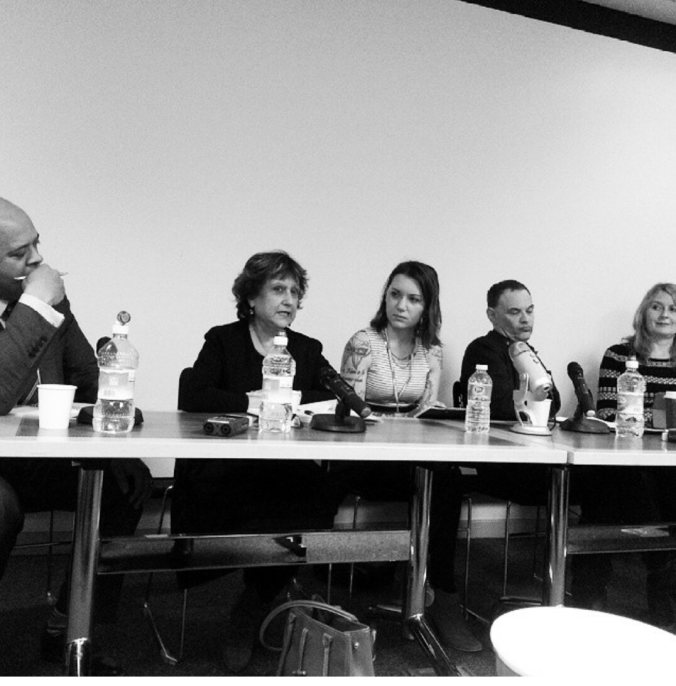
From left: Kurt Barling, Yasmin Alibhai-Brown, Middlesex University Student, Christina Patterson, Eric Heinze
From a very early age Kurt Barling’s experience with Freedom of speech has encouraged him to aspire for a career in Journalism. “What I heard on BBC and Itv and other press outlets wasn’t true, most of the time it didn’t reflect my life, didn’t reflect my experience. For me that meant that freedom of speech wasn’t being exercised effectively, so I said to myself that I’ll become a journalist because maybe then I can exercise freedom of speech in a public space and perhaps bring some , in my view, balance to that speech. Because democracy of course requires that there is equal importance in exercising restraint and respect or others and I felt as a young man respect and restraint wasn’t being exercised by journalists when it came to talking about communities I was familiar with.” Kurt also believes that although we have the right to freedom of speech, we should understand that there comes responsibility with it. “If you were to say something negative about the Koran over and over again, you need to accept that responsibility” he explains “Certain things might sit badly with other people, the right of free speech has responsibilities too, as a journalist I was reminded constantly of those consequences and the limits on how I exercise those responsibilities”. To take the Charlie Hebdo incident as an example the brand of satire used which mocks people “you need to understand that there are responsibilities… that doesn’t mean they deserve to die, certainly not, or perhaps go to prison certainly not but you need to understand the responsibilities”.
Yasmin’s upbringing in Uganda meant that she only found free speech later in life. “Until I was 23 I did not have free speech because I grew up in the empire and I grew up in a family where there were horrible restriction on what you can say at the dinner table. Don’t speak up! Don’t talk to your elders! Just do as I tell you! You’re a child I’m the adult you can’t speak to me like that!”. This made her appreciate this new found freedom and she recognizes that although we do have the right to speak, we still teach our children to respect other people. “I don’t know any parent who would tell their child, yes sweetie, yes darling go say what you want darling. No, we don’t say that. We say go say sorry, you hurt that person. So I think it’s a wonderful and absolutely precious entitlement and art of being human but there are responsibilities and I agree the debates are sometimes quite foolish, we all have a line everybody has a line the real debate is where those lines are.” Yasmin also believes that our democratic societies are not ideal and that they do not do much to protect the minorities when it comes to free speech even though they take pride in this democracy, this as a consequence leads to a way of excluding and demeaning those who aren’t powerful. “To see what the public discourse says about the migrants and the refugees in the last 2-3 years, if people tell me then that is okay, I could not possibly agree with them. Because these are the voiceless people in our society they are not rich enough to sue us, they have no rights under the current press regulation to take cases to papers…I think that what we call political correctness and what I call civilised behaviour and speech in the public space is part of this civilised societies but not as much as it thinks it is”.
Christina Patterson’s unpleasant experience with people from other cultures led her to believe that freedom of speech, should and can insult other people. She was highly criticized for her controversial column about her ‘rude’ neighbours that did not accept the society’s values in The Independent but she believes that her right to free speech entitles her to make those comments. “I absolutely had the right to observe cultures that I have observed for many years around me and say what I thought about the ways in which those cultures departed from values that I believe are incredibly important in our society…Now Jewish households are twice as wealthy as the rest. Street grooming gangs come from Pakistani community, Romanians are far more likely to be pick pockets than other people. Most black murder victims are killed by black people. Most alcohol fumed crimes are committed by white people. These are facts and they are facts that have been mentioned by Trevor Phillips recently in a documentary he made. Things We Won’t Say About Race That Are True. There is strong pressure not to say those facts because there is a strong sense of what is politically correct and what is not politically correct. And there are very strong arguments for what is political correctness not the least of which is manners.” She believes that the laws that go against incitement of hatred are balanced by the provisions that allow us to criticize other people’s religion and beliefs…etc. “So although you do not have the right to be grossly offensive and menacing you do have the right to criticize other religions and as we discovered in the after math of Charlie Hebdo, it is a very widely highly valued thing to criticize other people religions including symbols, people and books that other people consider to be sacred. It’s also I think the right to laugh at them and draw cartoons of them if we want to.”
Eric Heinze is a Professor of law and takes great interest in political theory which is why his opinion on the subject takes a more critical and theoretical approach. He explores key terms such as ‘democracy’ and what freedom of speech means for a legitimate democracy. And explains that it is the citizen’s prerogative of non- viewpoint punitive participation in public discourse that constitutes a democracy. To ban hate speech is to serve security but to ban public discourse and that is to punish or penalize or exclude people from public discourse or debate based on their bad philosophy is anti-democratic. “My argument is that is there a limit? Yes, there are certain limits on democracy to strengthen democracy every constitution has them that’s not unusual, every constitution, every democratic constitution has limits on democracy to strengthen democracy. That itself is not the Orwellian problem. The problem is when it becomes a limit on the citizen prerogative of non-viewpoint punitive participation in public discourse. As soon as that becomes limited, you are never serving democracy, you may again be serving security but never democracy.”
The experiences that one goes through and the way they are brought up within a society, the things that influence him and the things that bother him will eventually all come to shape his thinking and understanding of the world. Patterson’s bad experience with her neighbour led her to develop negative feelings towards certain ethnicities and religions. Yasmin’s childhood led her to appreciate that freedom very much but her upbringing taught her to respect other human beings and that what she calls “The social obligations and bonds we have with each other” are also very important. Everyone may have different opinions and they lawfully have every right to express them but as humans of civilised societies we should also exercise our mutual respect and kindness to one another. We must also understand that because we don’t live in a perfect and ideal world, because there is no absolute freedom of speech, at least for now, then we must accept that perhaps mutual respect, kindness and tolerance is more important for our community and that it can outweigh the need for free speech that only protects the interests of the rich.



